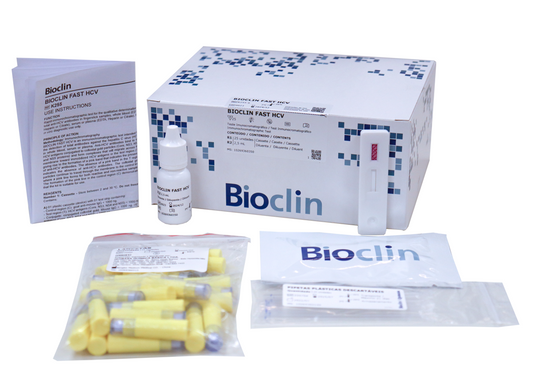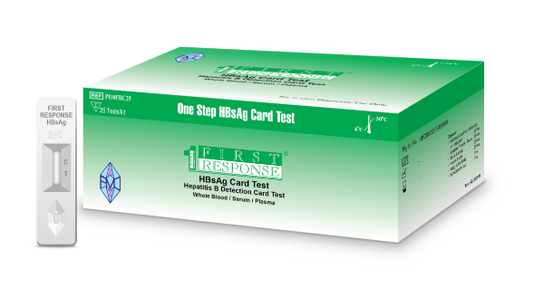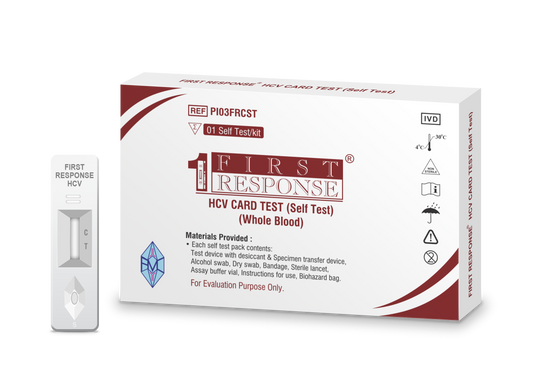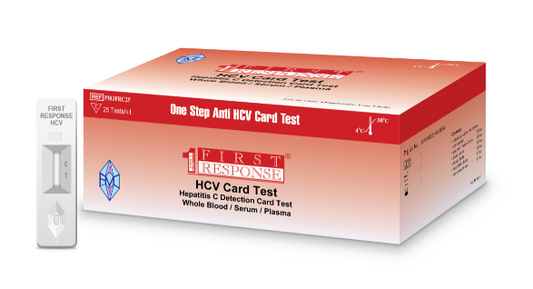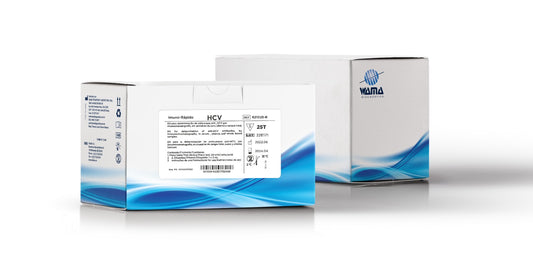-
Bioclin Fast HCV (Professional)
Vendor:Bioclin / Quibasa Química Básica LtdaRegular price $0.00Regular priceUnit price per -
First Response HBsAg Card Test (Professional)
Vendor:Premier Medical Corporation Private LimitedRegular price $0.00Regular priceUnit price per -
First Response HCV Card Test (Home)
Vendor:Premier Medical Corporation Private LimitedRegular price $0.00Regular priceUnit price per -
First Response HCV Card Test (Professional)
Vendor:Premier Medical Corporation Private LimitedRegular price $0.00Regular priceUnit price per -
Imuno-Rápido HCV (Professional)
Vendor:WAMA DiagnosticaRegular price $0.00Regular priceUnit price per
Collapsible content
Why diagnose Hepatitis C?
HIV, viral hepatitis and sexually transmitted infections (STIs) are major public health threats worldwide. They account for more than 2.3 million people dying per year, which represents 14% of all deaths from infectious and parasitic diseases, digestive diseases and cancer. They also result in more than 1 million people newly infected each day and 1.2 million people developing cancer each year. Just 1 in 5 of the 58 million people living with chronic hepatitis C infection worldwide – the majority of whom live in low- and middle-income countries– have been diagnosed.
(WHO Global progress report on HIV, viral hepatitis and sexually transmitted infections, 2021)
How has COVID-19 impacted HCV management?
WHO data show that HIV testing and prevention, as well as Hepatitis B and C services, are among the most frequently disrupted services caused by COVID-19.
HIV treatment, as well as STI services have also experienced disruption. The COVID-19 pandemic has forced all three disease programmes to innovate to deliver and maintain essential health services safely within community-led, community-based and differentiated models of care.
Making full use of such people-centred and community-led innovations can further enable countries to fully leverage the capacity of health and community systems and respond to the needs of the most vulnerable people in an equitable and sustainable manner.
(WHO Global progress report on HIV, viral hepatitis and sexually transmitted infections, 2021)
What is the WHO Guidance for country validation of viral hepatitis B and C elimination?
This new guidance (2021) provides a framework for countries to measure their efforts in reducing both new infections of hepatitis B and C and deaths from liver cirrhosis and cancer alongside reaching high coverage (>90%) of programme interventions to ultimately confirm attainment of elimination. These include preventative interventions, such as hepatitis B infant and birthdose vaccination, blood and injection safety and harm reduction, as well as HBV/HCV testing and treatment, and must be maintained for 2 years.
(WHO June 2021)
Useful links
-
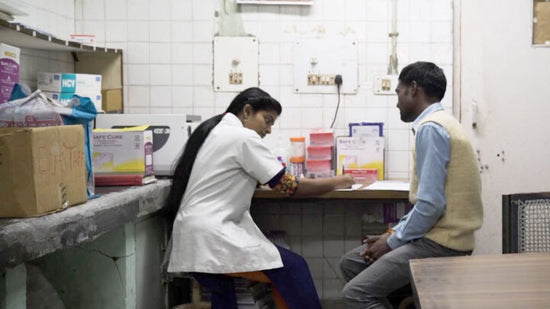
Hepatitis C screening in Indian prisons
Read moreFIND has developed a model to screen, confirm and create linkages to hepatitis C virus (HCV) treatment in nine prisons in Punjab, nine prisons in Haryana, and one model jail in Chandigarh.
-
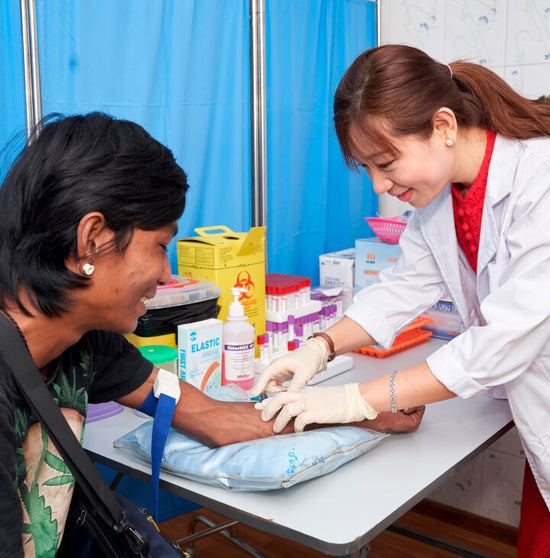
The Hepatitis C Elimination through Access to Diagnostics (HEAD-Start)
Read moreThe HEAD-Start project is working to improve diagnosis of HCV by making it more affordable and more widely available to those in need, with a focus on serving people co-infected with HIV.
-

Global progress report on HIV, viral hepatitis and sexually transmitted infections, 2021
Read moreThe report describes WHO’s important contributions at regional and global level and identifies common actions across the 3 disease areas as well as gaps and priorities as a baseline for the next strategies.

